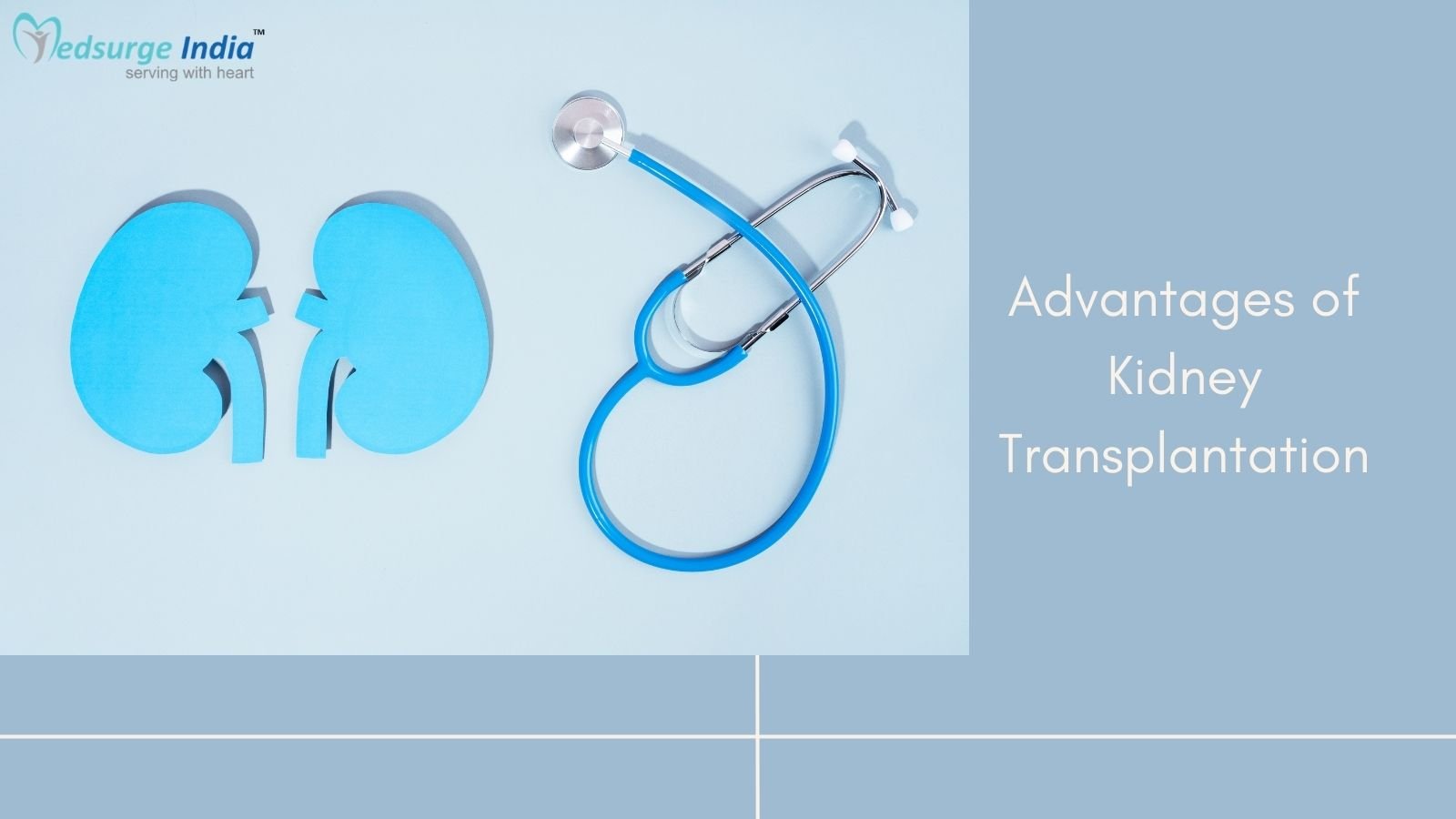
Our kidneys are two bean-shaped structures whose main job is to cleanse and eliminate waste products and bodily fluids in the form of urine. However, these waste products and fluids can build up inside the body when our kidneys are unable to work properly, which could raise your blood pressure and put you at risk for renal failure.
Kidney failure is more likely to occur in people with diabetes, elevated blood pressure, renal scarring, or polycystic kidney disease. If you do experience renal failure, dialysis or a kidney donation may be your best option for removing harmful waste products from your body.
The optimal course of action for many people with chronic kidney failure is a kidney transplant.
The majority of recipients of kidney transplants do extremely well, and the dangers are typically smaller than continuing on dialysis. However, not every recipient of a kidney donation experiences improved health or lives longer. The medications used in transplant procedures and recovery can carry significant risks.
Benefits of Kidney Transplant
When a patient is healthy enough for the procedure, a kidney transplant is typically the best therapy for renal failure.
Advantages of kidney transplantation:
 Advantages of kidney transplant over dialysis – Although dialysis can save lives, it takes a lot of time and can have side effects that reduce life span. If your kidney donation is effective, you won’t need dialysis any longer. Patients who receive transplants typically outlive those who continue receiving dialysis and enjoy a higher standard of life.
Advantages of kidney transplant over dialysis – Although dialysis can save lives, it takes a lot of time and can have side effects that reduce life span. If your kidney donation is effective, you won’t need dialysis any longer. Patients who receive transplants typically outlive those who continue receiving dialysis and enjoy a higher standard of life.
Fewer limitations on what you can consume – The majority of dialysis users must avoid certain foods and restrict their alcohol intake. Compared to dialysis users, people who have had a kidney transplant have far fewer dietary limitations.
Improved fertility and better love life – Your sex relationship and fertility are likely to increase. Normal pregnancy after a donation is possible for women of childbearing age, though your transplant team will typically advise you to delay one year before trying for a child.
Improved stamina, energy, and strength – The majority of kidney donation recipients express experiencing more vitality and feeling better able to handle daily tasks. Travel is simpler to organize, so you can go on vacation. You can also work out and participate in most sports.
Risk of Kidney Transplant
Following below are some of the risk/ disadvantages of kidney transplant:
Rejection – This occurs when the body’s immune system attacks the transplanted kidney because it recognizes it as a foreign body. Immunosuppression treatment can treat rejection, but it needs to be detected early.
Graft non-function –Despite medication control, the transplanted kidney may not function at all for a variety of causes. This means that the recipient has to return to dialysis (if already started) and will be placed back on the transplant waitlist to await another kidney if they wish.
Delayed Graft Function –A situation where the donated kidney takes some time to work. In order to handle the medications and allow the kidney time to begin functioning, this may require a return to dialysis.
Infection – Following transplantation, there is a higher risk of infection for people with high immunosuppression levels, which suppress the immune reaction. A patient with an immunocompromised state may take longer to recover from a typical bacterium or virus that a healthy immune system can handle and may experience more symptoms.
Additionally, there is a chance that an illness will spread from a contributor. There is a very tiny chance that an infection could go unnoticed and be transferred to the receiver, despite the fact that donors go through intensive testing to ensure they are clear of infection.
Helpful: Kidney Transplant Cost In India
Cancer-Following a transplant, there may be an increased chance of getting cancer because of:
- The likelihood of the receiver developing cancer is increased by genetics, predisposing factors (such as family history), or prior cancer.
- An immune system that has been repressed and is ineffective at recognizing and eliminating newly formed malignant cells
- After donation, cancerous cells that were present in the organ donor are also present in the recipient organ. Although this danger is uncommon due to the thorough vetting all donors undergo, it is still possible that it could occur. This is a danger associated with both living and dead donors’ tissues.
Bottom Line
We run the danger of developing kidney failure if our systems don’t clear harmful amounts of waste minerals and fluids. The optimal course of action in this situation would be a renal transplant.
Contact Medsurge India to set up an appointment if you are concerned that diabetes or another underlying medical issue puts you at risk for kidney disease or kidney failure.
Reference
- https://www.mayoclinic.org/tests-procedures/kidney-transplant/about/pac-20384777
- https://www.freseniuskidneycare.com/treatment/transplant
- https://www.piedmont.org/living-better/the-benefits-and-risks-of-kidney-transplant-versus-dialysis
- https://www.crozerhealth.org/services/transplant/benefits/



 (1).png)